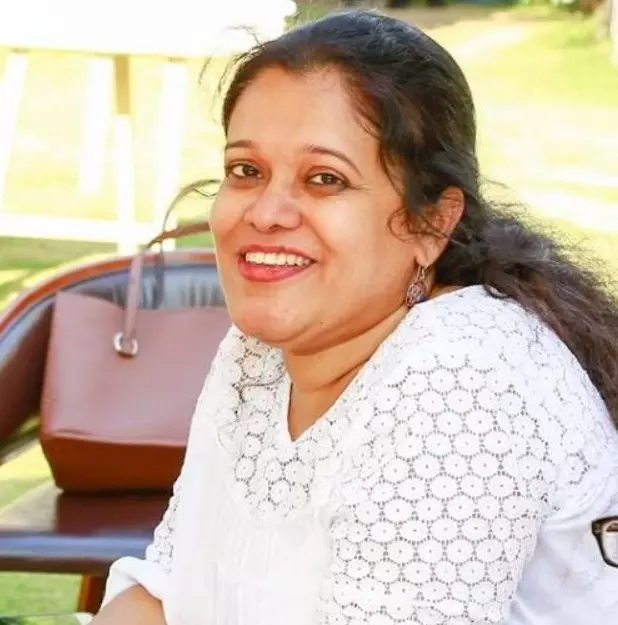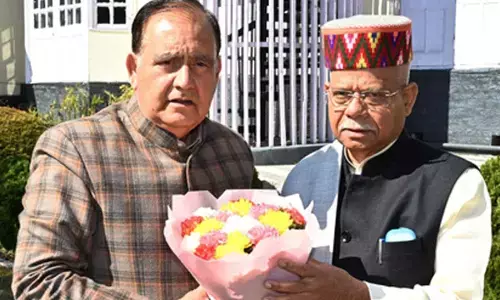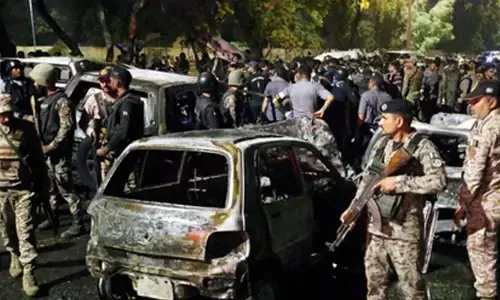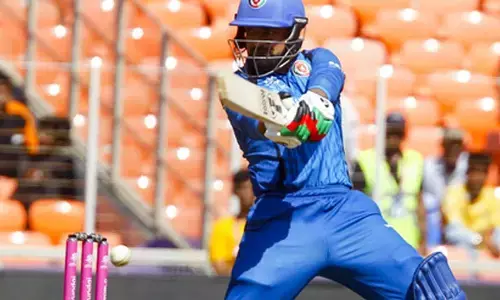A non-conformist
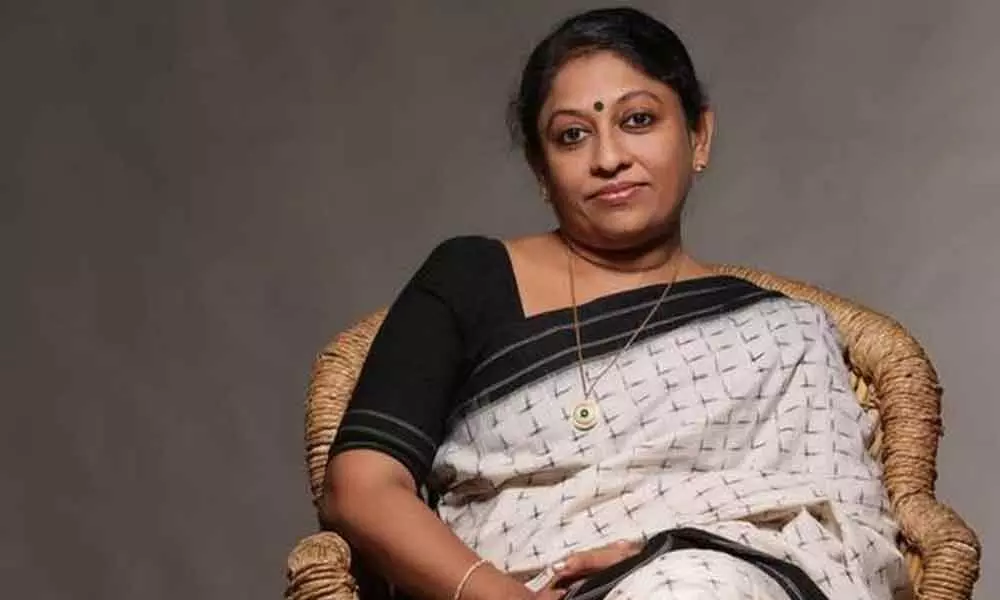 Like her protagonists KR Meera is a rebel, and she continuously questions the ways of the world that demand a woman must conform to prejudices
Like her protagonists KR Meera is a rebel, and she continuously questions the ways of the world that demand a woman must conform to prejudices
Malayalam writer KR Meera, soft-spoken and with a ready smile for everyone around her was waiting for me to interview on the sidelines of the Jaipur Literature festival. Her unassuming demeanour belies the strength of her literary voice that speaks for women, their role in the society and their constant struggle to overcome the shackles from within and the world around them.
A former journalist is today one of the strongest voices in literature for women. Her writings in Malayalam – short stories and novels are intense and frank in their portrayal of their woman protagonists and mirror the prejudiced world we live in. A winner of the prestigious Vayalar Ramam Varma Award, she also won Kerala Sahitya Akademi award for her story 'Ave Maria'. It was her novel "Aarachaar' in 2013 published in Malayalam by DC Books, and later translated into English by J Devika, that took her voice to all across India and beyond. 'Hangwoman' is the story of Chetna, daughter of a hangman, who is rendered jobless for most of the time. The wait for an execution to happen is over for the family when court passes a death sentence; and fate brings the responsibility of execution upon Chetna, who against her will prepares to tie the noose. She would be the first woman to do so and evidently attracts a lot of media attention. Ironically, she is always praised for being able to tie a noose perfectly. The 500-page long book takes us into the 'Hangwoman's world in Kolkata, a city of contrasts and as she dwells in the shadow of unwanted fame, and struggles to prepare herself to tie the noose, she is also struggling with yet another noose tightening around her as her father and lover try taking control of her life, each for their own reasons.
Meera shares, "During the time I was writing the book, my mother-in-law, who I was very close with, was diagnosed of liver cancer and she died within three months. Around the same time, my father died of a heart attack. I shared a love-hate relationship with my father. He loved me and admired my work. He was very proud of me. But he never showed his affection or appreciation towards me. Once, when I was a young kid, he took me to market, asked me to wait at a place, saying he would come back, and did not return. I was terrified mostly worrying about him. I somehow reached home, and he only returned much later oblivious of the fact that he left me on the road and forgot about me completely. One of my novellas 'Aa Maratheyum Marannu Marannu Njan' is based on this experience that had affected me, my confidence and my relationship with my father."
"My father was an epitome of patriarchy and that was also a sore point between us. Despite all this I loved him. When he died, I felt guilty, reflecting over how I could have loved him better, or probably I should have told him how I felt, and I was very sad. The process of writing 'Aaraachar' also took a toll on me, and I visited a doctor. He told me that I was suffering with depression and said it is a common problem with creative people. He showed me a paper on the subject. I started taking medicine, and I thought the only way to get over my depression is to write one more book."
And thus, began her yet another brilliant novel 'Sooryane Aninja Oru Stree', a biblical reference – 'Woman Clothed in Sun', a biblical reference to the much demonised jezebel from the 'Book of Revelation'. Meera's Jezebel does not conform. The story happens in Kerala unlike 'Hangwoman' that happens elsewhere. A woman may be financially independent, and empowered, but is crucified under the concept of family, marital life or love affair. Yet, she carried with her the weight of her body. There comes a point in her life where concept of sex and sexuality affect her life. That's the first barrier an Indian woman has to break – her sexuality or sexual freedom (freedom to choose her partner), which is often owned by men around her. Even a man on the street has the power to question us, question the way we dress; there is so much moral policing around us and rape. My book addresses this problem."
"Why woman writers are more worried is because this is the ultimate tool to control a woman," she adds.

